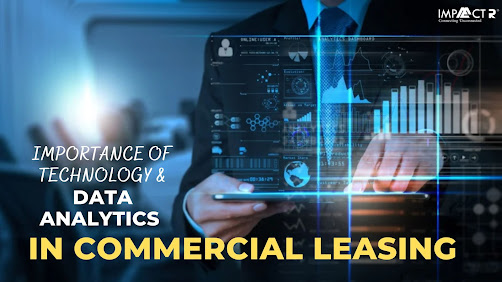Commercial Leasing: A Comprehensive guide to retail leasing
Commercial Leasing: A Comprehensive guide to retail leasing
Commercial leasing can be a complex process, but it doesn't
have to be. In this comprehensive guide to retail leasing, we'll walk you
through everything you need to know about negotiating and signing a commercial
lease.
We'll also provide tips for finding the right property and avoiding common traps in the leasing process. So whether you're a business owner looking for your first retail space or an experienced real estate professional, this guide has something for everyone. Let's get started!
What is commercial leasing?
Commercial leasing is the process of renting retail space
from a property owner or landlord. The terms of a commercial lease agreement
can be extremely complex, and it's important to understand all of the
implications before signing on the dotted line.
That's why it's essential to have a good understanding of
both commercial leasing law and real estate practice before entering into any
negotiations.
What are the
different types of commercial leases?
There are three basic types of commercial leases:
1. Gross Lease:
In a gross lease, the tenant pays a flat monthly rent amount, and the landlord
is responsible for all other costs associated with maintaining the property,
including property taxes, insurance, and repairs.
This type of lease is popular among small businesses and
start-ups, since it eliminates the need to negotiate complex lease terms and
manage multiple monthly bills.
2. Modified Gross
Lease: A modified gross lease is similar to a gross lease, but it usually
includes a few basic provisions that give the tenant some control over their
costs.
For example, the tenant might be responsible for paying a
portion of the property taxes or for maintaining a specific level of insurance
coverage.
3. Net Lease: In
a net lease, the tenant pays rent plus all or a portion of the building's
operating expenses, such as property taxes, insurance, and repairs. This type
of lease is most common among larger businesses and corporations, since it
offers greater flexibility and cost-control options.
What are the most
important things to consider when negotiating a commercial lease?
There are several key factors to keep in mind when
negotiating a commercial lease:
1. Length of Lease
Term: The length of the lease term is one of the most important factors to
consider, since it will determine how long you're obligated to stay in the
property.
Be sure to negotiate an early termination clause that allows
you to break the lease without penalty if your business needs change or if you
find a better deal elsewhere.
2. Rental Rate:
It's important to get a good idea of the market rental rate for similar
properties in your area before signing a lease. This will help you avoid
over-paying for space, and it will give you a baseline against which to
negotiate the terms of your lease.
3. Maintenance and
Operating Costs: Make sure you understand who is responsible for paying for
property taxes, insurance, repairs, and other operating costs. In some cases,
these costs can add up quickly, so it's important to have a clear understanding
of how they will be split between the tenant and landlord.
4. Parking: If
parking is an issue in your area, be sure to clarify how much parking is
included in the rent, and whether any additional parking will be available at
an extra cost.

.jpg)

Comments
Post a Comment